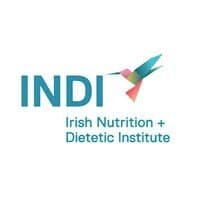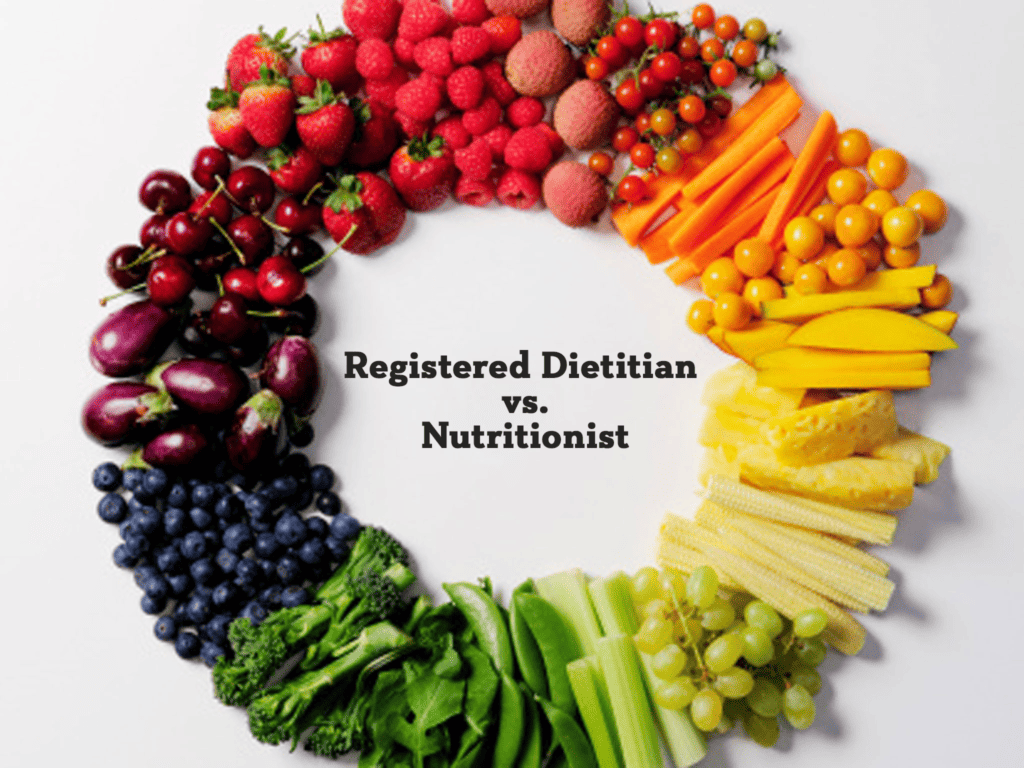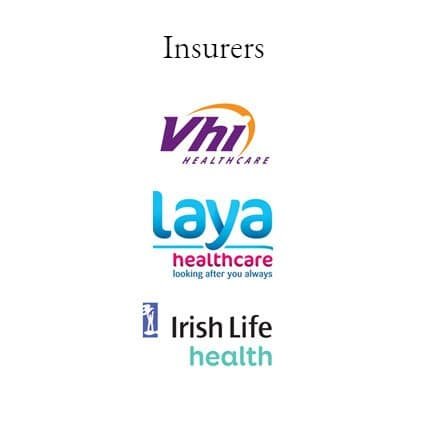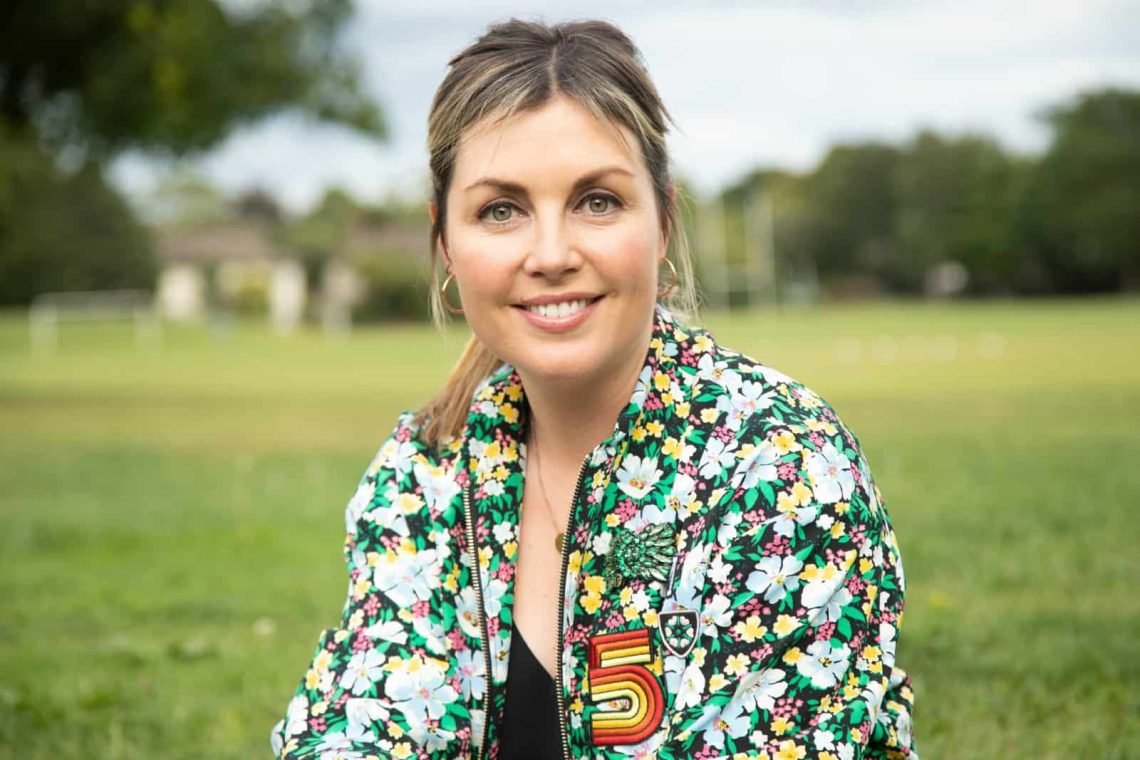Navigating the world of nutrition and health can be as complex as it is personal. Whether it’s crafting the perfect diet for a health condition or understanding the maze of nutritional advice out there, dietitians stand out as the go-to experts. In Ireland, these health care professionals blend science with practicality to guide their clients towards better health. But who exactly is a dietitian, and what can they do for you? Let’s dive deep into their world.

What is a Registered Dietitian?
In Ireland, a registered dietitian (RD) is more than just an expert in food and nutrition. These are professionals who have committed years to study and practical training. They emerge from this rigorous process not just with an in-depth understanding of nutrition but also physiology, biochemistry and skills to apply this knowledge to help you manage your health and well-being.
Registered Dietitians (RDs) are the only nutrition professionals regulated by law in Ireland. They must adhere to a professional code of ethics and commit to ongoing education to ensure their practice remains at the forefront of nutritional science.
What Does a Dietitian Do?
A dietitian wears many hats. They are not just healthcare professionals, they are also educators and researchers. Sometimes they’re in business, whether working for companies or self-employed entrepreneurs.

Here are some of the core responsibilities of a dietitian:
- Clinical Practice: RDs work in hospitals, private practices, and clinics to assess, diagnose, and treat dietary and nutrition problems at an individual and wider public-health level.
- Personalised Nutrition: Every individual is unique, and dietitians are trained to develop tailored nutrition programs that suit personal needs and lifestyles, considering medical history, the individual’s circumstance and personal goals.
- Public Health: Beyond the one-on-one consultations, dietitians also play a pivotal role in public health initiatives, developing and implementing policies and programs to improve dietary habits on a community scale.
- Education and Research: The field of nutrition is ever-evolving. Dietitians contribute to this growth through research and by educating future dietitians and other healthcare professionals.
The Difference Between a Nutritionist and a Dietitian in Ireland
It’s essential to understand the distinction between a dietitian and a nutritionist, especially in Ireland, where the term ‘dietitian’ is protected by law.

Here’s a detailed comparison to clear any confusion:
| Criteria | Dietitian | Nutritionist |
| Education | Must complete a recognized degree program or postgraduate training. You cannot legally call yourself a dietitian unless you have met strict criteria of expertise set out by a regulatory body. | Educational backgrounds can vary significantly, from having no formal training to being a world class nutrition expert. Anyone can call themselves a nutritionist. |
| Regulation | Registered with and thereby regulated by CORU. This means that the public are protected by ensuring high standards of conduct, education, training and competence. Dietitian’s can be members of the Irish Nutrition and Dietetic Institute (INDI) which is their professional body and trade union. | Not regulated by a specific professional body in Ireland, although voluntary registration is possible in other countries e.g. UKVRN. The lack of Irish regulation means that the public are not currently protected. |
| Expertise | Trained to treat/ better support medical conditions with dietary interventions. | Are not trained to work within the hospital or clinical setting to advise on health conditions. |
Understanding these differences is crucial when you’re seeking advice for health-related nutrition issues.
Education and Training: How to Become a Dietitian in Ireland
The journey to becoming a dietitian is one of dedication and extensive education. The path includes:
- Completing a four-year full-time undergraduate degree or a postgraduate program accredited by the Dietitians Registration Board at CORU.
- Undergoing months of supervised practical placement in various healthcare settings.
- Passing a national registration examination and maintaining registration with ongoing professional development and practice.
This demanding path ensures that when you visit a dietitian, you are receiving advice from someone who has a comprehensive and current understanding of dietetics.
The Scope of Practice: Dietitian vs. Nutritionist
It’s not just in title that dietitians differ from nutritionists; it’s also in their scope of practice.
- Dietitians: Have a broad and deep scope, which allows them to make clinical diagnoses related to diet and create tailored intervention plans, including therapeutic diets for medical conditions. They can also work with healthy individuals to help them not only prevent sickness but improve their health further.

- Nutritionists: Typically focus on general nutrition principles and public health strategies and can work with the healthy population to maintain health and prevent sickness. They may not be qualified to handle clinical nutrition therapy. Without regulation in Ireland, it is difficult to understand which nutritionists you can trust. This is an issue that needs resolving.
Why Would Someone Need to See a Dietitian?
There are numerous reasons why someone might seek the expertise of a dietitian. Here are just a few:
- To manage chronic conditions like diabetes, heart disease, or coeliac disease with a therapeutic diet.
- For support in achieving weight loss goals in a healthy, sustainable way.
- To optimize athletic performance with a diet that supports intensive training.
- For expert guidance in managing food allergies or intolerances.
- To improve overall health and prevent disease through diet.
Maximising Health: The Role of Dietitians in Managing Specific Diets
Dietitians are uniquely qualified to advise on a variety of specialised diets. Let’s explore how they help in managing some common conditions through dietary interventions.

Weight Loss Diet
Losing weight isn’t just about eating less. It’s about eating right. Dietitians help clients understand the nuances of calorie quality over quantity, the importance of macronutrient balance, and how to create a sustainable eating plan that promotes healthy weight loss.
Heart-Healthy Diet
For those dealing with heart conditions or high cholesterol, dietitians can provide meal plans that emphasise heart-healthy fats, lean proteins, wholegrains, legumes and an abundance of fruits and vegetables, all while advising on foods that exacerbate heart disease risks.
Diabetes Diet
A dietitian’s role is critical in managing diabetes. They help clients understand the impact of carbohydrate intake on blood sugar levels, the importance of meal timing and balance, and how to enjoy a varied diet while maintaining glycaemic control with or without medications.
IBS Diets
A condition like Irritable Bowel Syndrome (IBS) can greatly benefit from dietary adjustments. Dietitians guide clients through the elimination process to identify triggers and create a diet plan that minimises symptoms if required. However, sometimes looking at lifestyle factors, meal balance and frequency as well as supplements and probiotics is what is required to allow for symptom relief.
PCOS
A condition like polycystic ovarian syndrome (PCOS) can be better managed with dietary adjustments. Dietitians guide clients through the optimal dietary patterns, eating windows and macronutrient distribution, and provide a supplement guide. They can also provide the latest evidence on intermittent fasting, low calorie diets, low carbohydrate diets, high fat diets and DASH diets for PCOS.
Mediterranean Diet
Often touted as one of the healthiest diets, the Mediterranean diet is rich in plants, whole grains, nuts, and healthy fats. Dietitians can help clients understand how to incorporate these principles into their daily lives for long-term health benefits.
High Blood Pressure and High Cholesterol Diets
For those battling hypertension or high cholesterol, dietitians can recommend diets low in salt and saturated fats but rich in nutrients that support vascular health.
By understanding the specific needs associated with each condition, dietitians can craft diet plans that not only manage symptoms but also improve the overall quality of life.
Making the Most of Your Dietitian Visit
Here’s what you can expect and how to prepare for your first visit to a dietitian:
- Before the Appointment: Consider keeping a food diary, list down any supplements or medications you’re taking, consider your medical history as well as that of your family’s and set clear health goals.

- During the Appointment: Be ready to discuss your health history, dietary preferences, and lifestyle. Don’t hesitate to ask questions – the more interactive the session, the more personalised your plan can be.
- After the Appointment: Implement the advice given, keep track of your progress, and maintain open communication for any adjustments or follow-up sessions.
When to Refer a Patient to a Dietitian
Medical professionals might refer patients to dietitians when:
- A medical condition could benefit from dietary intervention.
- The patient is showing signs of malnutrition or has specific nutritional needs.
- There is a need for specialised knowledge in managing a condition through diet.
FAQs: Furthering Your Nutrition Knowledge
- How often should you see a dietitian? The frequency of visits can vary. Some may benefit from weekly sessions, while others may only need check-ins every few months. It depends on your personal health goals and the level of support you require.

- Which patients should be referred to a dietitian? Patients with conditions like diabetes, cardiovascular diseases, digestive disorders, and those needing support with weight management should be referred to a dietitian.
- Can dietitians help with food allergies or intolerances? Absolutely. Dietitians are trained to create dietary plans that exclude allergens or trigger foods while ensuring nutritional needs are met.
- How can I find out more about dietitians or book a consultation? You can book in here at www.orlawalshnutrition.ie or alternatively you can learn more about dietitians by visiting the Irish Nutrition and Dietetic Institute’s website.
- What should I expect during my first dietitian consultation? Expect to discuss your medical history, dietary habits, lifestyle, and health goals. A dietitian will likely ask about your food preferences, allergies, and any challenges you face in managing your diet.
- Can a dietitian help with eating disorders? Yes, dietitians are trained to support the management of eating disorders by collaborating with other healthcare professionals to develop individualised care plans.

- How can I claim health expenses with Revenue? You can claim relief on health expenses through myAccount or Revenue Online Service (ROS).
- Do I need a referral from a GP to see a dietitian? A referral letter is not necessary. However, it can be helpful for the GP to know about the appointments so that the person has a team behind them.
- How can a dietitian assist with paediatric nutrition? Dietitians can provide guidance on healthy eating for children, manage food allergies, support growth in children with feeding difficulties, and help with paediatric conditions requiring specialised diets.
- What are the most important qualities to look for in a dietitian? Look for a registered dietitian who is communicative, empathetic, knowledgeable, and up-to-date with the latest nutrition science and health guidelines.
- How does a dietitian stay informed about the latest nutrition research? Dietitians often participate in continuing education, attend professional conferences, and are active members of nutrition and dietetic associations that provide resources on current research.

- Are the services of a dietitian covered by health insurance in Ireland? This depends on your health insurance plan. Some insurance policies cover dietetic services.
- Can a dietitian provide a meal plan for vegetarians or vegans? Absolutely, dietitians are equipped to create comprehensive vegetarian and vegan meal plans that ensure you are meeting all your nutritional needs.
- What is the difference between a sports dietitian and a general dietitian? A sports dietitian specialises in nutrition for athletic performance, helping individuals optimise their diet for training, competition, and recovery, while a general dietitian provides a broader range of dietary and nutritional advice. A sports Dietitian will have extra university-level qualifications in the relevant area.
- How do dietitians help people with food sensitivities? Dietitians can help identify food sensitivities through elimination diets and guide individuals on how to avoid sensitivity triggers while maintaining a balanced diet.
- Can a dietitian help with prenatal and postnatal nutrition? Yes, dietitians offer advice on optimal nutrition for both mother and baby during pregnancy and after birth, including guidance on breastfeeding and introducing solids to infants.
- What can I do if I disagree with the dietary plan provided by a dietitian? Communication is key. Discuss your concerns with your dietitian. They can adjust your plan to better fit your preferences while still meeting your nutritional needs.
- How are dietitians different from personal trainers or health coaches when it comes to nutrition? Dietitians have a degree in nutrition and dietetics and are licensed to assess, diagnose, and treat nutritional problems. Personal trainers and health coaches may offer general dietary advice but do not have the qualifications to provide medical nutrition therapy.
- Will a dietitian help me understand food labels and ingredients? Yes, part of a dietitian’s role is to educate clients on reading and understanding food labels to make better dietary choices.
- How do dietitians tailor dietary advice to individual needs? Dietitians consider several factors including a person’s health status, lifestyle, food preferences, cultural background, and any medical conditions to create personalised nutrition plans.

- What’s the best way to maintain the results I achieve with a dietitian? Follow the dietary plan consistently, attend follow-up appointments for adjustments as needed, and adopt long-term healthy eating behaviors as suggested by your dietitian.
- Can a dietitian assist with grocery shopping or meal preparation techniques? Yes, a Dietitian will help guide you on how to implement your dietary plan practically which includes shopping, preparing and cooking.
- Is it necessary to see a dietitian for general health, or should I wait until I have a health issue? Anyone can benefit from seeing a dietitian to improve their overall health. You don’t need to wait for a health issue to seek advice on how to eat well and maintain a healthy lifestyle.
By turning to a dietitian, you can be sure you’re getting personalised and professional advice that’s rooted in the latest nutritional science. Whether you’re looking to manage a health condition or simply want to improve your dietary habits, a dietitian can pave the way to a healthier you.











